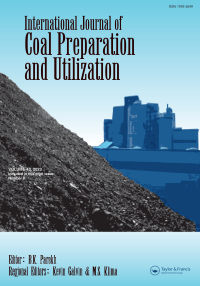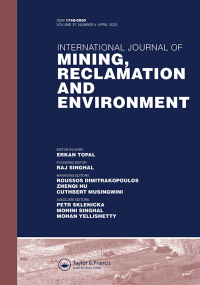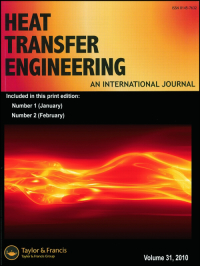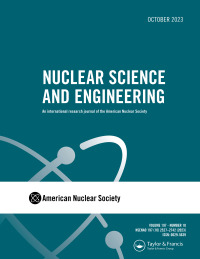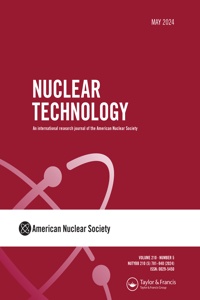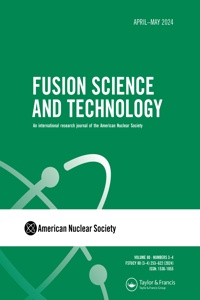Portfolio by the numbers
In the fast-moving energy industry, Taylor & Francis bring you access to new and trustworthy research.
Our portfolio of Energy and Oil books and journals feature both theoretical and application-based energy engineering research and cover a wide range of critical subject areas, including Energy Economics and Politics, Environmental Impact, and Renewable and Sustainable Energy technologies.
International Journal of Coal Preparation and Utilization
Research, reviews, and short communications on all aspects of coal preparation. Significant reading for professionals in operations, engineering, management, education, and scientific research.
International Journal of Mining, Reclamation and Environment
Peer-reviewed research on mining and environmental technology engineering relating to metalliferous deposits, coal, oil sands, and industrial minerals.
Heat Transfer Engineering
Analytical, numerical, and experimental articles on heat-mass transfer and the related fluid mechanics and thermodynamics, delivered in a clear and accessible format.
Nuclear Science and Engineering
Nuclear Science and Engineering is the oldest peer-reviewed journal in its field. Our aim now is the same as when we started publication in 1956, which is to provide the leading source of information on fundamental and applied research in all scientific areas related to the peaceful use of nuclear energy for the benefit of all. We publish technical papers, technical notes, critical reviews, rapid communications, book reviews, and letters to the editor.
Nuclear Technology
Nuclear Technology aims to be the leading international publication reporting new information on the practical application of nuclear science for peaceful uses. We publish technical papers, technical notes, critical reviews, rapid communications, book reviews, and letters to the editor on all phases of applications of fundamental research to nuclear technology.
Fusion Science and Technology
Fusion Science and Technology aims to be the leading source of timely information on peaceful uses of fusion research. We publish technical papers, technical notes, critical reviews, rapid communications, book reviews, and letters to the editor on fusion applications, design, and system studies.
Introduction to Biomass Energy Conversions
Introduction to Biomass Energy Conversions explores biomass energy conversions and characterization using practical examples and real-world scenarios. It begins with biomass resource estimation and extends to commercialization pathways for economical biomass conversion into high-value materials, chemicals, and fuels.
Advanced Non-Thermal Power Generation Systems
Generally, sources for power generation are broken down into two categories: thermal and non-thermal. Thermal sources for power generation include combustion, geothermal, solar, nuclear, and waste heat, which essentially provide heat as a means for power generation. This book examines non-thermal (mechanical, electrochemical, nanoscale self-powered, and hybrid) sources of power generation and emphasizes recent advances in distributed power generation systems.
Coal Production and Processing Technology
Coal Production and Processing Technology provides uniquely comprehensive coverage of the latest coal technologies used in everything from mining to greenhouse gas mitigation. Featuring contributions from experts in industry and academia
Modular Systems for Energy and Fuel Recovery and Conversion
Modular Systems for Energy and Fuel Recovery and Conversion surveys the benefits of the modular approach in the front end of the energy industry. The book also outlines strategies for managing modular approaches for fossil, renewable, and nuclear energy resource recovery and conversion with the help of successful industrial examples.
Unconventional Oil and Gas Resources
As the shale revolution continues in North America, unconventional resource markets are emerging on every continent. In the next eight to ten years, more than 100,000 wells and one- to two-million hydraulic fracturing stages could be executed, resulting in close to one trillion dollars in industry spending.
 Africa
Africa  China
China  Japan
Japan 




